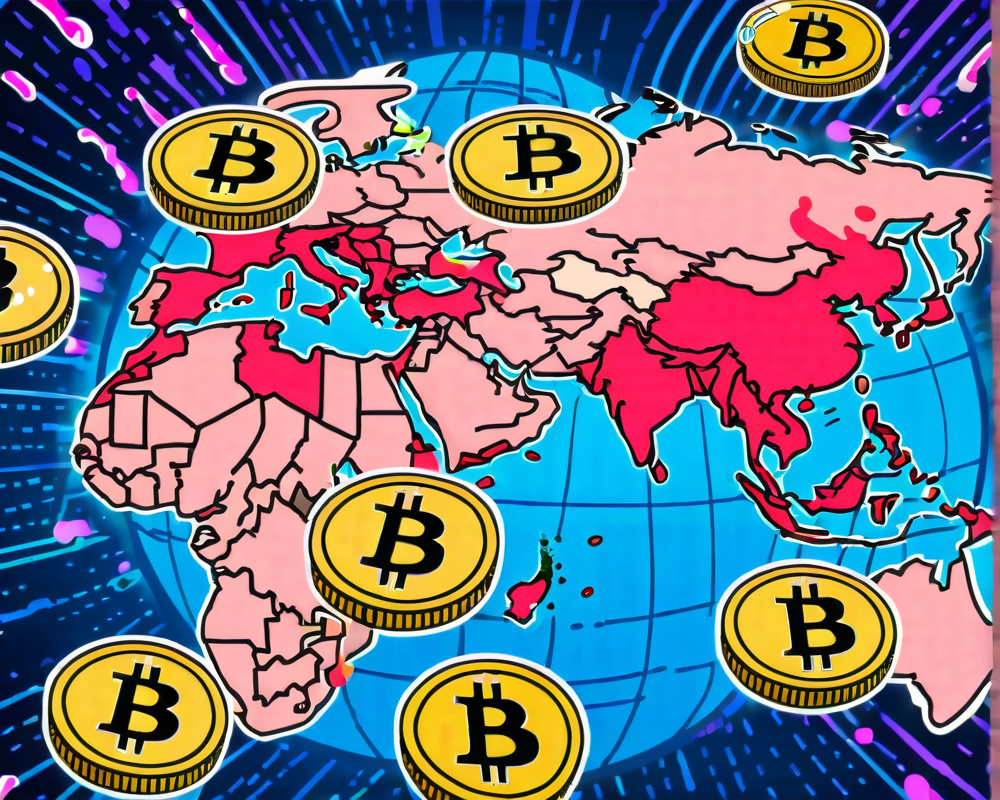Changing Times: How Covid-19 Shaped Crypto and Financial Markets
Before the whirlwind of the COVID-19 pandemic hit, crypto and traditional financial markets stood like those two awkward kids at a school dance—eyeing each other from across the gym, unsure of how to interact. Fast forward to today, however, and that once-clear boundary is looking more like a confused blur. According to a recent blog post from a group of economists at the International Monetary Fund (IMF), the intertwining of these markets has reached a point where additional regulatory measures are essential.
The Ripple Effect: Increased Risks to Financial Stability
The economists stressed that while the financial sector in Asia seems to have dodged the bullet for now, the next financial crisis could see that luck run out. With crypto investments increasingly mingling with traditional assets, the risk of contagion shines a bright light on the potential for widespread financial chaos. They aptly noted:
“Contagion could spread through individual or institutional investors that may hold both crypto and traditional financial assets or liabilities.”
So, what does that mean? Picture a game of Jenga: pull one wrong block, and the entire structure teeters on the edge of disaster. The IMF isn’t just being dramatic—for good reason, too.
The Case of India: A Crypto Conundrum
India serves as a case study in how these lively correlations can send markets waltzing off beat. During the pandemic, return correlations between Bitcoin (BTC) and the Indian stock market skyrocketed tenfold! The change showcases how rapidly blended the two worlds have become, possibly leading to a chain reaction that could put investors at risk.
A Closer Look: Spillover Analysis in Asian Countries
Using their fancy spillover methodology, the IMF also identified alarming trends in crypto-equity volatility spills in markets like India, Vietnam, and Thailand. In simpler terms, when one market gets a little jittery, it can send shockwaves through the others, creating a veritable game of financial dominoes.
Regulatory Recommendations for a New Era
Wrapping it up with some wisdom, the IMF has advised Asian regulators to take proactive steps including:
- Establish clear guidelines for regulated financial institutions.
- Inform and protect retail investors from the potential pitfalls of this hybrid market.
- Enhance coordination across jurisdictions to avoid chaotic overlaps.
Tobias Adrian, the IMF’s director of capital markets, even warned of possible future failures of algorithmic stablecoins, suggesting a need for a “global regulatory approach” to ensure investor protection in this fast-evolving landscape. Because let’s face it, the only thing that should be volatile in life is your morning coffee order—not your investments.



